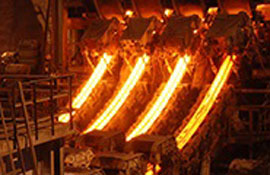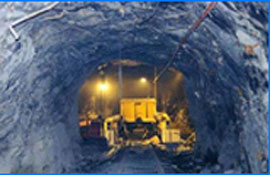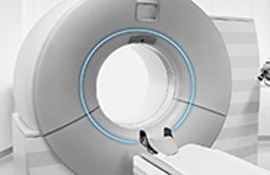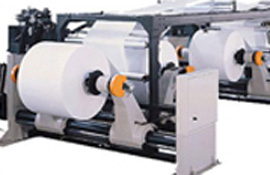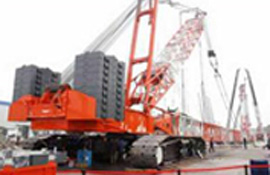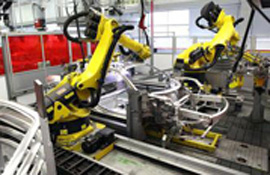Home / News / CNC Router Bearings: Types, Selection, and Maintenance
CNC Router Bearings: Types, Selection, and Maintenance
Introduction
CNC router bearings play a vital role in the performance, precision, and reliability of CNC routers used in woodworking, plastics processing, and signage industries, among others. These bearings are designed to support high-speed rotation and provide smooth linear and rotary motion for accurate cutting, engraving, and shaping operations. This article will discuss the types of CNC router bearings, factors to consider when selecting bearings for a specific application, and maintenance practices to ensure optimal performance and longevity.
Types of CNC Router Bearings
Linear Bearings
Linear bearings are used in CNC routers to provide smooth, accurate, and low-friction linear motion along the machine's axes. Common types of linear bearings include ball bearings, roller bearings, and plain bearings.
Ball Screw Bearings
Ball screw bearings are specifically designed to support the axial loads generated by the ball screw, a crucial component in translating rotary motion into linear motion. These bearings are typically angular contact ball bearings, which offer high stiffness and precision.
Radial Ball Bearings
Radial ball bearings are commonly used in the spindle and rotary components of a CNC router. These bearings provide low friction and are capable of supporting radial loads and low axial loads, making them suitable for high-speed rotation.
Angular Contact Ball Bearings
Angular contact ball bearings, as mentioned earlier, are used in ball screw applications and can also be utilized in high-speed spindle applications due to their ability to support combined axial and radial loads. The contact angle determines the load-carrying capacity and stiffness of the bearing.
Selection of CNC Router Bearings
Load Capacity
Consider the axial and radial loads experienced by the router bearings during operation and select bearings with sufficient load-carrying capacity to ensure reliable performance and extended service life.
Speed Requirements
Choose router bearings with suitable speed capabilities based on the maximum operating speed of the CNC router. High-speed applications may require specialized bearings, such as angular contact ball bearings or radial ball bearings, to provide optimal performance.
Accuracy and Stiffness
Select router bearings with high precision and stiffness to maintain the accuracy and smooth motion of the CNC router. High stiffness is essential for precise cutting and engraving operations.
Environmental Conditions
Consider the operating environment, such as temperature, humidity, and contamination, when selecting router bearings. Bearings with specialized materials or sealing systems may be required to ensure reliable performance in harsh or dusty environments.
Maintenance of CNC Router Bearings
Regular Inspection
Perform regular inspections of the router bearings to assess their condition and identify any signs of wear, damage, or contamination.
Lubrication
Ensure that the router bearings are adequately lubricated according to the manufacturer's guidelines. Proper lubrication reduces friction, dissipates heat, and protects the bearings from wear and contamination.
Bearing Replacement
Replace router bearings as needed based on their condition or the manufacturer's recommended service intervals. Always use high-quality replacement bearings to maintain the performance and reliability of the CNC router.
Preventive Maintenance
Adopt a preventive maintenance approach, including regular inspection, lubrication, and monitoring of bearing performance, to identify and address potential issues before they result in costly downtime or damage to the CNC router.
Conclusion
CNC router bearings are essential components in CNC routers, responsible for supporting high-speed rotation and providing smooth linear and rotary motion for accurate cutting, engraving, and shaping operations. By understanding the types of CNC router bearings, considering the appropriate factors when selecting bearings for a specific application, and following proper maintenance practices, you can ensure optimal performance, precision, and longevity for your CNC router.
- Previous: CNC Spindle Bearings: Types, Selection, and Maintenance
- Next: CNC Linear Bearings: Types, Selection, and Maintenance



